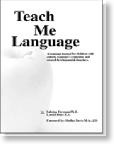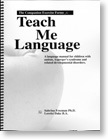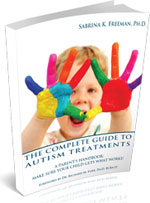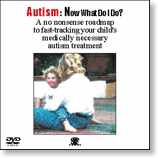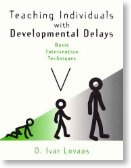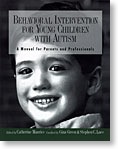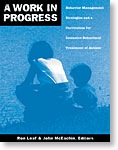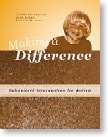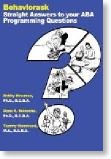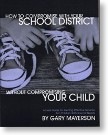When accommodation becomes a synonym for segregation
17/11/11 15:24 Filed in: autism | Asperger's Syndrome
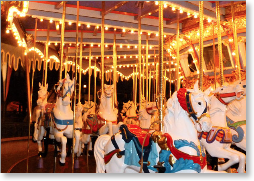
There is a growing trend that attempts to change society to better accommodate the perceived proclivities of people with autism. Although I understand the good intentions behind the idea, by accommodating people with autism to absurd extremes, are we not shrinking their world so it becomes even smaller than it already is? Do we really want the ghettoization or segregation of people with autism from the rest of society? The unintended consequence of voluntary segregation is that it may eventually become involuntary. One only has to look at history to see past segregationist movements which argue “separate but equal.” I think I speak for a sensible majority that does not wish to see segregation for people with autism, or for anyone else with a disability.
So the question is, how do people with autism, some of whom may be disruptive, watch a movie or go on a merry-go-round? The answer is: systematic desensitization.
Using science, it’s a much better idea to help people afflicted with autism who may have negative reactions to loud noises or bright lights, or any aversion to something commonly found in society. Under the guidance of Behavioral Consultants who understand how to work with this group of people, we need to build up their tolerance and thereby, give them the ability to go anywhere, and see any movie that they may enjoy. For those who think that there is no harm in leaving people with autism to their idiosyncratic aversions, let me give you a few actual examples that may make you rethink the “re-engineer their environment” program and reject it.
Imagine a child who dislikes the music of a mega-star like Beyonce or Justin Bieber. At first glance, that doesn’t seem to be a big problem; however, we all know what eventually happens to those songs -- they end up as Muzak, and can be heard virtually everywhere e. g., in elevators, restaurants, stores, office buildings. Or imagine a child who has an aversion to Mickey Mouse, or any of the Disney Characters. These symbols pop up everywhere in society, and it is unpredictable where you will encounter them next. Who really wants to take someone with autism out into the community when, at any moment, the person may become distraught at the music in a random elevator or the image on a stranger’s t-shirt? When the child is small, this is somewhat problematic. When the person becomes an adult, the situation can become very serious. If people with autism are not helped to cope with sounds, sights, and images to which they have an aversion, their world shrinks, becoming smaller and smaller by the year, until eventually they may prefer to never leave their home or, in some cases, their room!
Instead of re-engineering the world to fit people with autism, let’s commit to giving people with autism the tools they require to cope with the real world around them, and thereby give them opportunities to participate in all the wonderful experiences that society has to offer.


